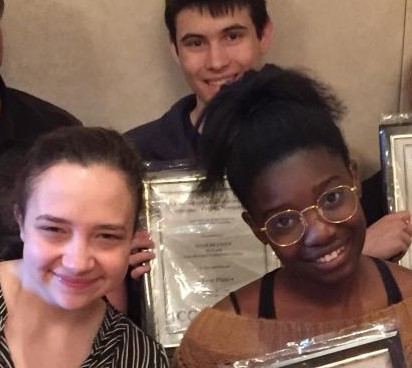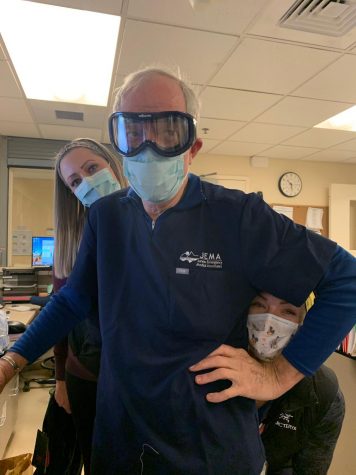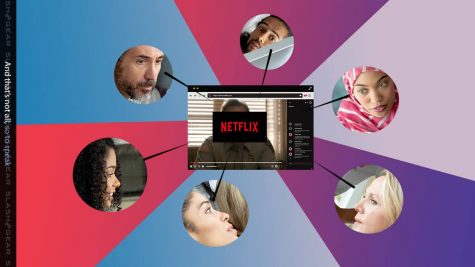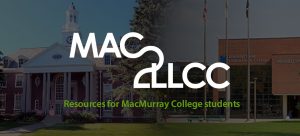A Smart Start to college
September 6, 2019
As a child, most people can remember longing to be an adult. The freedom, the independence and the culture of maturity call out like a siren’s song, rushing youth through their ‘good old days.’ Adulthood is often marked by the exiting of high school and the entrance to college.
To those traditional students reading, you’ve finally made it. But are you ready? College is a huge transition. The cultural differences, both surface and deep, can be overwhelming. The Center for Academic Success offers free Smart Start seminars to help new students prepare for the challenges ahead.
“There’s more freedom here, but that’s a double-edged sword,” says Tricia Hardway, one of five academic success professionals who tutor students in the center.
Hardway discussed these ideas during a Smart Start Seminar on Aug. 27.
“Organization is key,” says Hardway, who suggests the use of three ring binders, color coded folders, and especially an agenda. According to Hardway, any calendar-based method to track course work will suffice, including those on smartphones, provided that the student interacts with it on a daily basis.
One often overlooked material that can prove especially beneficial is the course syllabus given out by instructors during the first week. In each syllabus, a course layout is given, including important assignments and test dates.
“Putting in a little time in the beginning can be super helpful,” says Hardway, who recommends identifying the most important dates early in the semester and marking them in your agenda or calendar.
Hardway also suggests alternating the subject order that you are studying to separate any courses that may contain similar content. If, for example, you are in two courses that require mathematics work, try to study something between the two, rather than working on them back-to-back.
The same would apply to courses involving extensive reading, or courses with much writing. Alternating the kinds of material you study can help keep things interesting, which is crucial to retaining information.
There are often overlaps in information between subjects such as philosophy and humanities, or physics and chemistry, the rotation of content can allow main ideas and key concepts to be stored successfully in the subject with which they belong.
“I felt like I was able to make a connection to what Tricia was saying and finally cement good study habits and understand how we learn best,” said Lily Russell, a freshman who attended the seminar for her First Year Experience class.
On time management, Hardway suggests limiting study periods to 45-50 minutes. Even five-minute periods between classes can be useful if a student has taken the time to prepare proper note cards.
“Your brain does not like cramming, and it’s not effective,” Hardway explains. “Your neural network grows stronger the more times you access information, not the longer you hear it.”
“Hopefully I will better be able to utilize my time now to properly study instead of cramming the night before a test. Tricia was super funny and nice too, which made the seminar entertaining and let me know she cared about the outcome,” said Russell.
These Smart Start seminars are targeted toward freshmen but contain a wealth of information that can be beneficial to all students, such as effective college-level study skills, time management and effective note-taking.







